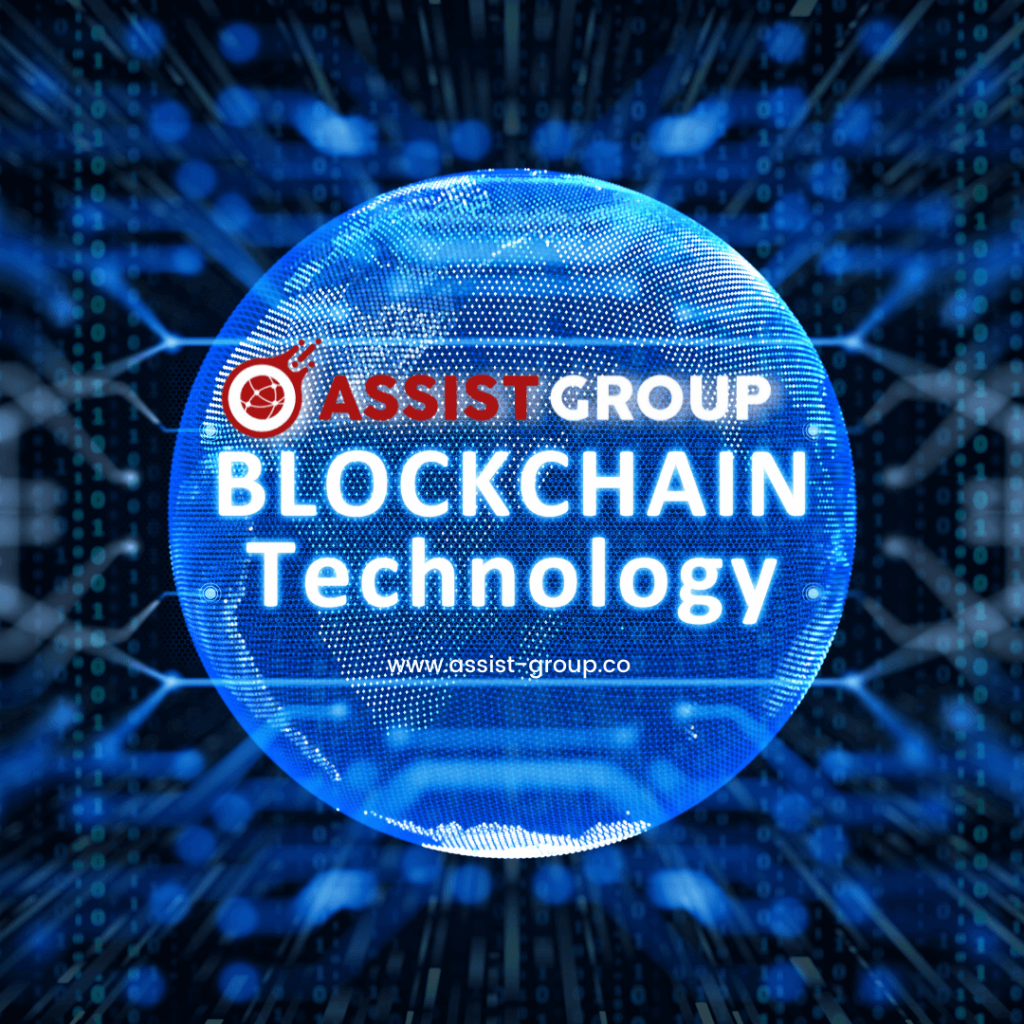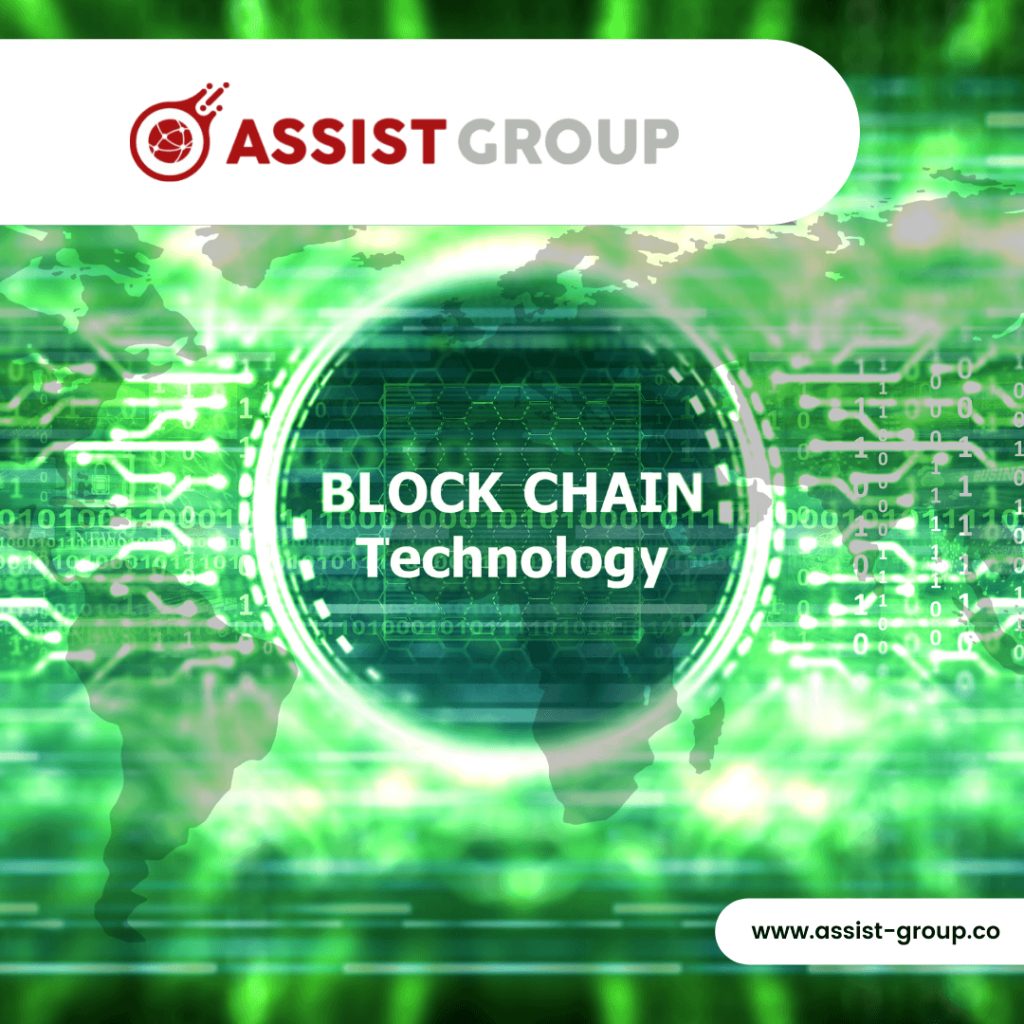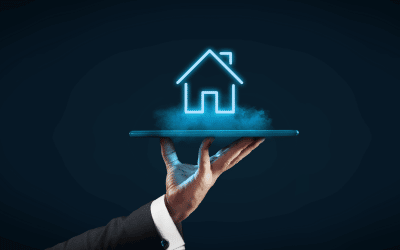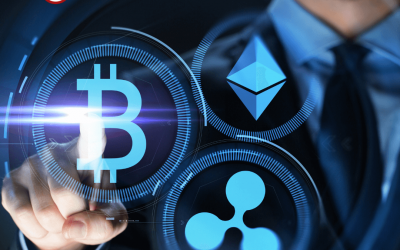Blockchain is a technology that is revolutionizing the world as we know it.
Blockchain offers a decentralized, immutable, and transparent ledger for transactions of goods and services, without the need for intermediaries. Blockchain has also been touted to be one of the most significant innovations in information storage since the invention of the internet. Blockchain can also be called distributed ledger technology or DLT (distributed ledgers). The blockchain has many different applications in almost any industry you can think of!
Blockchain: What It Is, and The Impact It Has In The World

What Is Blockchain?
Blockchain technology can be compared to a network of nodes (computers or systems) that keep track of who sent what, without any one person in charge. Blockchain is decentralized and immutable which means that the data cannot be changed once it has been entered into blockchain by an authorized entity. Blockchain can also be called distributed ledger technology or DLT because these are not just shared ledgers but are distributed in a peer-to-peer network. Blockchain also provides security because it cannot be tampered with once it has entered into the chain.
Blockchain can be applied to the following areas to name a few:
- -Blockchain as a Currency (Bitcoin)
- -Blockchain in Healthcare
- – Blockchain In Education
- – Blockchain in Voting Systems
- – Blockchain & The World of Accounting
- – Blockchain And Beyond Digital Identity Management
- – Blockchain In Healthcare (EHR) Systems
- – Blockchain, Artificial Intelligence And The Future Of Work
- – Blockchain As A Service (BaaS)
- – Blockchain In The Supply Chain Management Of Blockchain Validated Products
Blockchain Applications:
Blockchain In Real Estate Industry:
One of Blockchain’s most promising applications in the real estate industry is Blockchain Validated Properties. Blockchain Validated Property (BVP) as it is called, offers a solution to many of today’s issues such as fraud and forgery that plague the property market. Blockchain validates properties by having people sign their name on the blockchain with a private key which turns into an individual digital signature when entered onto the blockchain. The value of these signatures has been stated at $500 billion worldwide!
Blockchain is a ledger technology
that not only provides transparency but also offers security against fraud. Blockchain Validated Properties (BVP) has the potential to revolutionize real estate transactions by decreasing risks and forgeries while increasing trust in property ownership
Blockchain & The World Of Accounting:
Blockchain is already being used successfully in accounting departments due to its immutable features. This adds an extra layer of protection against tampering and fraud. Blockchain in accounting departments has been able to remove the need for reconciliation and simplifying financial statements
Blockchain And Beyond Digital Identity Management
One of Blockchain’s many potential uses is digital identity management where transactions are not anonymous but rather authorized by participants with their own personal keys and signatures. Imagine being able to use your mobile phone instead of carrying around a driver’s license or passport everywhere you go!
Blockchain In Healthcare Industry:
Blockchain can be applied to the healthcare industry with blockchain enabling patients, doctors and other healthcare providers to securely access their medical records across various institutions without having any one central point of control. Blockchain would help solve problems such as data integrity, patient confidentiality and provider availability which are all issues faced today within this sector.
Blockchain As A Service (BaaS)
Blockchain as a service is the groundwork for blockchain applications. Blockchain in partnership with cloud computing offers enterprises access to the power of blockchain at an affordable price . Blockchain as a service (BaaS) provides enterprises with the opportunity to build blockchain apps without needing any specialized training or hardware.
Blockchain & The World Of Voting Systems:
Blockchain could be applied here by offering voters anonymity, while at the same time preserving their right to vote anonymously and preventing fraud that is often associated with paper voting systems. Blockchain offers a cost-effective way of casting votes through electronic ballots where each voter has their own keys and can cast one ballot per person

Blockchain’s technology ensures the digital assets (such as real estate) are safe from any cyberattacks because all records of changes to these assets get logged on every server in the Blockchain network. Blockchain will change how people invest and buy a property through this decentralized system. It provides an accurate way for document management, which eliminates human error and fraud by removing third-party intermediaries such as brokers or banks who typically handle transactions between buyer and seller. Blockchain prevents fake contracts by allowing anyone to view public information about when documents were created, edited or shared – it can also be used with smart contracts where conditions like “If I sell my house at price X then send me Y” are set. Blockchain can also be used to increase liquidity by allowing a seller, for example, to sell their property directly (or in bulk) and eliminate the need for brokers or banks that typically handle transactions between buyer and seller. Blockchain is upcoming technology with tremendous commercial potential – it’s time to learn more about Blockchain-based real estate!
Blockchain tracks the ownership of assets, such as real estate or stocks, by allowing any computer on the network to record changes made to these items. Blockchain also allows for smart contracts where conditions can be set like “If I sell my house at price X then send me Y” which will automatically release payment when executed. A major benefit of blockchain is its ability to increase liquidity through platforms like Blocksquare where property owners are able to list their properties publicly and cut out brokers and banks who typically handle transactions between buyer and seller.
Blockchain protocols are a specification for how nodes within a Blockchain network can communicate with one another. Essentially, Blockchain networks (like Bitcoin or Ethereum) consist of thousands and millions of computers that all work together to maintain the Blockchain’s distributed ledger – this is done by ensuring that each computer has an identical copy of the blockchain on their hard drive. The job of these different nodes are to verify transactions and add them to the Blockchain. In order to do so, they must first agree on what data represents valid information in the Blockchain; hence why there need to be consensus protocol rules between them that allow for validation among themselves in regards to what constitutes valid blocks and chains in relation to specific transactions being processed at any given time.”
Blockchain protocols ensure that transactions can be processed and validated by all nodes on the Blockchain network.
The Bitcoin Blockchain protocol, for example, has a maximum limit of one megabyte per block size – which means that the blocks are constrained to hold at most 1000 transaction records each. This is done so in order to prevent spamming attacks from those who want to overload the other nodes with large numbers of unimportant or invalid transactions (hence why it’s called “spam” mining).
Ethereum however, has an unlimited block size because their blockchain uses something known as gas instead of limiting miners through bandwidth restrictions.”
Other examples include Ripple, IOTA, and Stellar Lumens, etc.
Blockchain protocols are important because they enable different Blockchain networks to have their own unique rules and restrictions while, at the same time, still being able to work with one another.”
Blockchain is a technology that has the potential to disrupt, or even revolutionize, just about every industry. The future of blockchain may be uncertain but one thing is for sure; it will change your life and you should get started learning more now. You either disrupt or be disrupted by blockchain – how do you want your story told?
How have you or your business implemented this revolutionary technology, let us know in the comments


